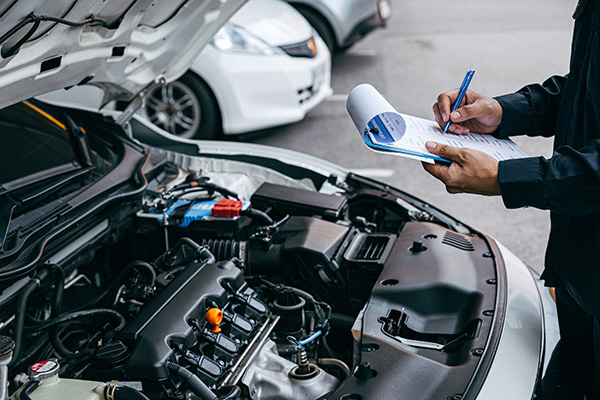
When it comes to choosing a car, many people assume that smaller engines are the go-to option for better fuel efficiency. It makes sense at first glance—less engine capacity should mean less fuel consumption, right? While this might be true in some cases, it’s far from a universal rule. The reality is that small car engines often aren’t as efficient as they’re made out to be, especially when placed under real-world driving conditions.
The Basics of Engine Efficiency
At its core, engine efficiency depends on how much power is required to move the car versus how much fuel the engine burns to generate that power. Smaller engines are designed to use less fuel under light loads, like cruising on a highway at a steady speed or driving in mild conditions. This is where they shine, as they deliver power efficiently without consuming a lot of gas.
However, once a small engine is tasked with heavier demands—like climbing hills, carrying a full load of passengers, or accelerating quickly—it needs to work much harder. This extra effort often negates the supposed fuel savings, sometimes even surpassing the fuel consumption of larger engines under similar conditions.
Why Smaller Isn’t Always Better
Turbocharged Small Engines Can Be Thirsty
To compensate for their limited capacity, many small engines are turbocharged to deliver the power drivers expect. Turbocharging boosts power by forcing more air into the combustion chamber, allowing for a more powerful burn of the fuel. The downside? When that turbo kicks in, fuel consumption often spikes. So, while a turbocharged engine might perform admirably in controlled conditions, frequent acceleration or high-speed driving can quickly drain your gas tank.
High Loads Equal High Fuel Usage
Small engines can struggle when they’re under heavy loads. Whether it’s towing a trailer, carrying passengers, or simply climbing a steep hill, these engines need to push harder to meet the demand. The harder they work, the less efficient they become. In contrast, a larger engine might handle the same tasks with greater ease and burn less fuel overall in the process.
Real-World Driving vs. Lab Conditions
The efficiency ratings for small engines are often calculated in idealized laboratory conditions. Real-world driving rarely matches these perfect scenarios. Stop-and-go traffic, abrupt braking, and quick accelerations are common on the road, and small engines often struggle to maintain their fuel efficiency in such conditions.
The Role of Driver Behavior
How you drive has a significant impact on whether a small engine lives up to its efficiency potential. Light-footed drivers who accelerate gradually and avoid sudden stops may get closer to the advertised fuel economy figures. On the other hand, if you’re someone who loves to feel the rush of quick acceleration, a small engine might not be your best bet.
Driving habits aside, choosing the right engine size often comes down to the kind of driving you do most frequently. Small engines might be fine for city dwellers with short commutes, but for highway travelers or those who frequently carry heavy loads, the trade-offs might not be worth it.
The Environmental Angle
Many people opt for small engines because they want to minimize their environmental footprint. While small engines can emit less CO2 under light usage, the story changes when they’re pushed to their limits. The increased fuel consumption under stress can lead to higher emissions, sometimes offsetting the environmental advantages they claim to have.
It’s also worth mentioning that small engines often rely on complex technologies, like turbocharging, to achieve performance. These technologies can be energy-intensive to manufacture and maintain, further complicating the sustainability equation.
When a Larger Engine Makes More Sense
If you regularly drive long distances, carry heavy loads, or live in a hilly area, a larger engine might actually be the more efficient choice. A bigger engine doesn’t have to work as hard to perform demanding tasks, which can save fuel in the long run. Plus, larger engines tend to be more durable, as they aren’t pushed to their limits as often as smaller ones are.
Efficiency Is About Balance
Choosing the right engine size for your needs is all about finding balance. Small engines can offer great efficiency in the right circumstances, but they’re not a one-size-fits-all solution. By considering your driving habits, the conditions you typically face, and the loads you carry, you’ll be better equipped to choose an engine that works for you—not against you.
Don’t let engine issues drain your wallet. Visit Hometown Tire and Auto for trusted repairs and maintenance that keep your car running efficiently. Reach out to schedule your visit!